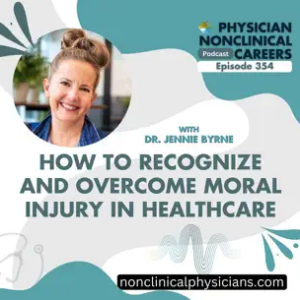In our last newsletter, I addressed the challenges of leadership for residents and early career psychiatrist in the “rush hour of life”. Thank you to everyone who reached out to say that my experience resonated!
After writing about the “rush hour of life”, I realized that I knew very little about what it was like to be a late career or retired psychiatrist in North Carolina. To get some perspective, I spoke with some of our past NCPA leaders who are in late stages of their career or retired from psychiatry – thank you Drs. Erv Thompson, Peggy Dorfman, Lesly Mega, and John Wagnitz!
A common theme among this group was that none of them would have self-identified as a “leader” when at the beginning of their career. They were all very interested in psychiatry and passionate about caring for patients, but none planned to go into administration or lead organizations. One quote really resonated with me personally – “I did not have a desire to be a leader, but I wanted to fix things”. All of the individuals I spoke with described different practice settings, varying from private practice to military service to hospitals to public psychiatry. In each setting, they found problems to be fixed, and set about fixing them!
In the process of looking for solutions and fixing problems, these psychiatrists became leaders. People looked to them to organize groups and get things done. One leader said in retrospect “leadership came to me naturally”, even though she didn’t think about it at the time.
Another theme from this group was their hard work ethic and their passion for the practice of psychiatry and for their patients. One psychiatrist admitted that it has been a hard “daily grind” for 30+ years, and other pointed out that “enthusiasm is important, and you must feel strongly about what you want to do”. With regards to future leadership roles in psychiatry, the group had mixed responses. Some clearly want to continue working in psychiatry in some fashion as long as they are physically able; others were feeling burnt out and ready to enjoy a retirement that did not include psychiatric practice. All agreed that they would like to have opportunities to connect with younger psychiatrists and be a mentor or a support in some fashion to the NCPA community.
From the female psychiatrists in the group, it was clear that having other women advocate for them helped them advance into leadership roles. All the leaders felt like the NCPA provided a good support for them over the years.
What was their advice to other psychiatrists in early or mid-career? Here are some of their tips:
avoid isolation – participate in meetings/committees/workgroups that are outside your comfort zone
manage your money – don’t wait until late in your career to plan for retirement
identify interests – it is important to have interests outside of work so when you are ready to work less you have things you enjoy doing
get comfortable with change – many things will happen that are outside your control
get involved – ask your employer for time and money to participate in NCPA and other leadership groups
What did I learn from this group? Leadership evolves over time and looks very different for different people. Tolerance for change, a desire to fix things, a willingness to get involved are important traits for leaders in psychiatry. I also learned that our “senior” psychiatrists have a wealth of information and experiences to share – and they are gracious with their time and advice!







